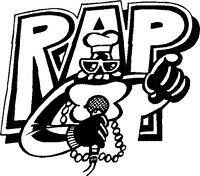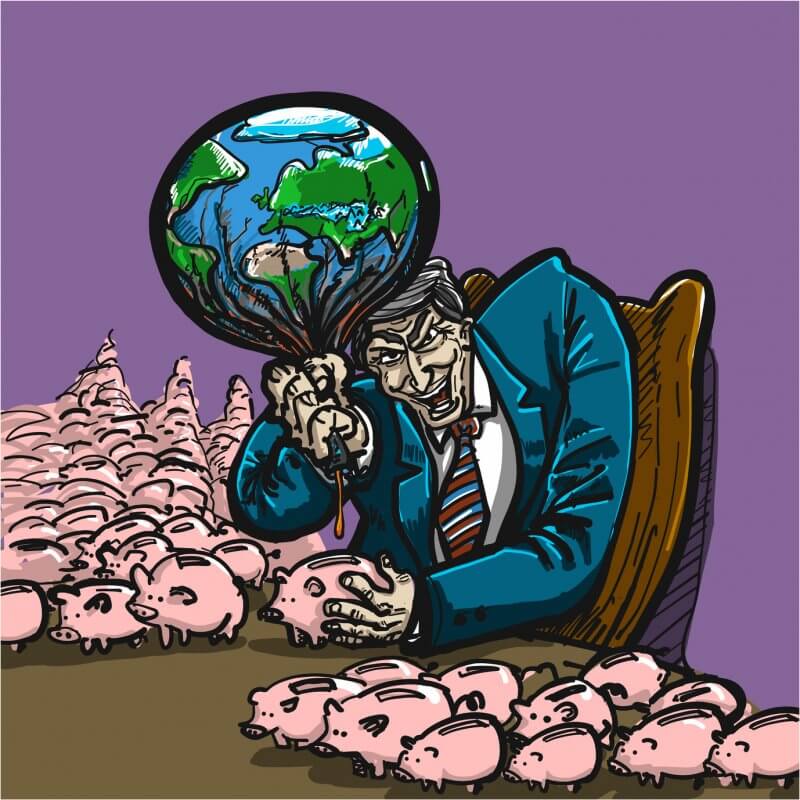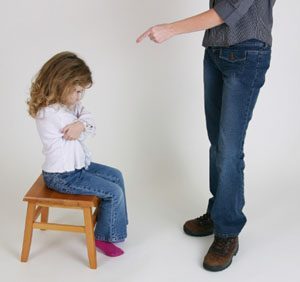 Self-control is known as the ability or quality that a person can have to exercise control over oneself. Self-control can have positive sides as well as negative sides if it is taken to extremes. In many ways, self-control of feelings, ideas, thoughts and actions has to do with the notion of social behavior, what one does or does not do in the company of their peers so as not to be negatively evaluated by them.
Self-control is known as the ability or quality that a person can have to exercise control over oneself. Self-control can have positive sides as well as negative sides if it is taken to extremes. In many ways, self-control of feelings, ideas, thoughts and actions has to do with the notion of social behavior, what one does or does not do in the company of their peers so as not to be negatively evaluated by them.
Self-control can be understood as the self-imposition that one can exert on oneself to avoid saying or doing certain things. Thus, self-control prevents us, as human beings, from acting according to our instincts or impulses, a characteristic feature of animals. The notion of self-control, as said, is closely related to that of society since life in it implies taking into account the perception of others and the valid forms of expression or action within that group.
While, on the one hand, the total lack of self-control is not something recommended or welcomed, it is not considered healthy to develop extremely high levels of self-control since that can have serious negative consequences for the person in question. This is so because when we find an individual very repressed and with little room for spontaneity, creativity and destructuring, repressive forms and lack of freedom can end up turning the person into someone very authoritarian, intolerant or not very sociable ( for not knowing how to adapt to the environment).
It is estimated that maintaining appropriate levels of self-control is not only useful on a social and personal level, but also in regard to work, professional and informal spaces. Usually, spaces such as politics have a level of self-control on the part of those who are part of it much higher than what we find in other spaces such as sports.









